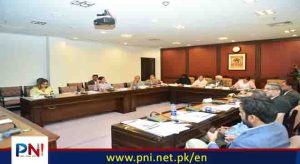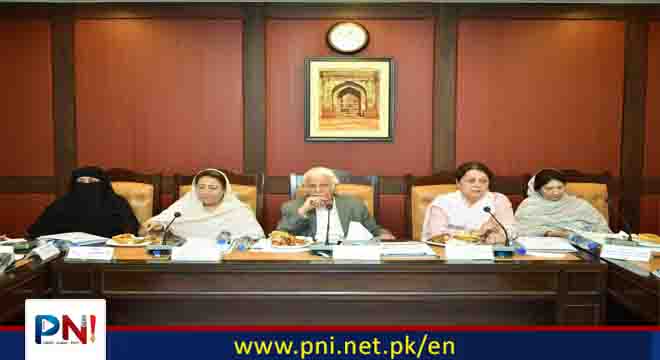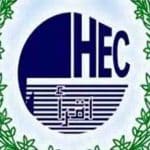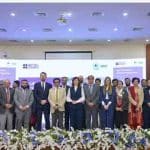Islamabad, Pakistan – October 4, 2023 – Despite the integral role of education in a country’s development, Pakistan continues to face significant challenges in ensuring quality education for all. To highlight the pressing issues surrounding education before the country’s political leadership ahead of the 2024 general elections, the Society for Access to Quality Education (SAQE), in collaboration with Pakistan Youth Change Advocates (PYCA), Center for Peace and Development Initiatives (CPDI), and Pakistan Institute of Parliamentary Services (PIPS), organized a high-level roundtable here in Islamabad.
Articulating the event’s primary objective during her welcome address, Ms. Zehra Arshad, Executive Director of SAQE, said, “We aim to elevate education among the top points in the country’s political agenda. Our aspiration is for education reform and improvement to persist as a top priority, regardless of whichever political party assumes power in next year’s general elections.” Reiterating the importance of the event, Executive Director PIPS, Mr. Muhammad Anwar said, “Today, we hope to set the stage for informed and focused discussions on education in the lead-up to the 2024 general elections. PIPS continues to play the role of bridge between the Parliament and the educationists, academia and members of civil society in order to strengthen public-friendly legislation and policy initiatives.”

Mr. Mukhtar Ahmed, Executive Director, CPDI shedding light on the political economy of education shared, “Pakistan needs structural and pro-people reforms, whereby sufficient resources are spared or raised to increase education budget to at least 5% of GDP. Without substantially raising the education budget, it wouldn’t be possible to provide quality education to all of our children”. Ms Areebah Shahid, Executive Director of PYCA highlighting the plight of children with disabilities recommended, “Instead of investing in expensive special education complexes that can only cater to a very small number of students, mainstream schools need to be made inclusive and disability-friendly.”
Senators and political leaders from across party lines shared their views on the legal framework for education as a fundamental right in Pakistan and discussed ideas, priorities, and policies for education reforms.
Former Senator Farhatullah Babar stressed the need for a nationally owned political agenda for education, “In line with the spirit of Article 25-A of the Constitution, the political parties need to come together and develop a joint charter to combat the state of education emergency confronting Pakistan.” Reiterating this point, Senator Sana Jamali, Convenor of the Senate Education Caucus, said, “There is a need for joint political ownership and responsibility to address the issue of 25 million out-of-school children. A call to action to proactively tackle this critical educational challenge is urgently needed.”
Senator Fauzia Arshad urged greater support for the private sector so it could support governmental efforts to make education more accessible, “Rather than creating hurdles for civil society organizations, the government should create ease for them so that they can play a more proactive role in education service delivery.”
Lamenting the state of education in Pakistan former MNA Ms. Asiya Nasir of JUI-F candidly acknowledged, “Public representatives have fallen short in their duties to uplift Pakistan’s education system. We will play our role to ensure that JUI-F’s manifesto reflects the urgency of diverting 5% of the GDP for education.” Former MNA Shahida Akhtar, also representing JUI-F at the round table pledged to have the agenda of inclusive and disability-friendly education included in their party manifestoes.
Former MNA Shizza Fatima of PML-N stressed the need for skills training at the school level, “The global economy is skills intensive right now and that is where our education policies and plans should also focus.”
A charter of demands was presented to the political leadership, emphasizing inclusive and quality education for all. Key measures highlighted in the Charter included bringing marginalized groups like girls, minorities, and children with disabilities back to school, reallocating funds for their inclusion, and expediting the reconstruction of schools damaged by last year’s floods. It also stressed increasing budgetary allocation, ensuring safe educational environments, enhancing teacher training, and promoting a modern, rights-based curriculum. The parliamentarians pledged to take back recommendations regarding inclusive education, enhanced focus on IT and vocational skills, teachers’ training and the need for greater public investment in education to their respective party leaderships.
Follow the PNI Facebook page for the latest news and updates.








